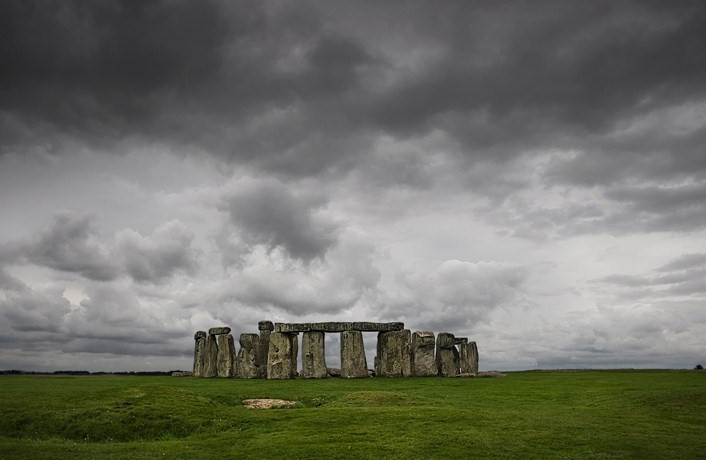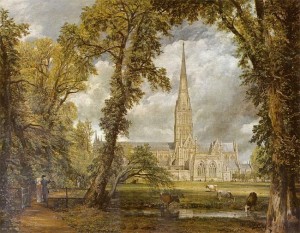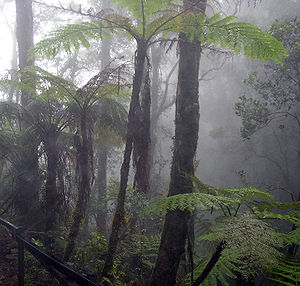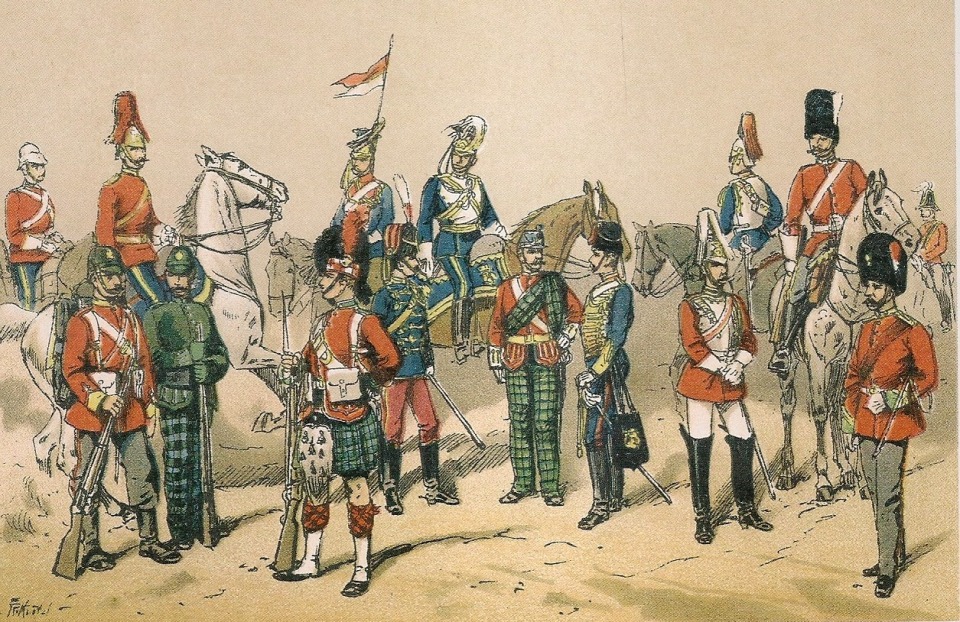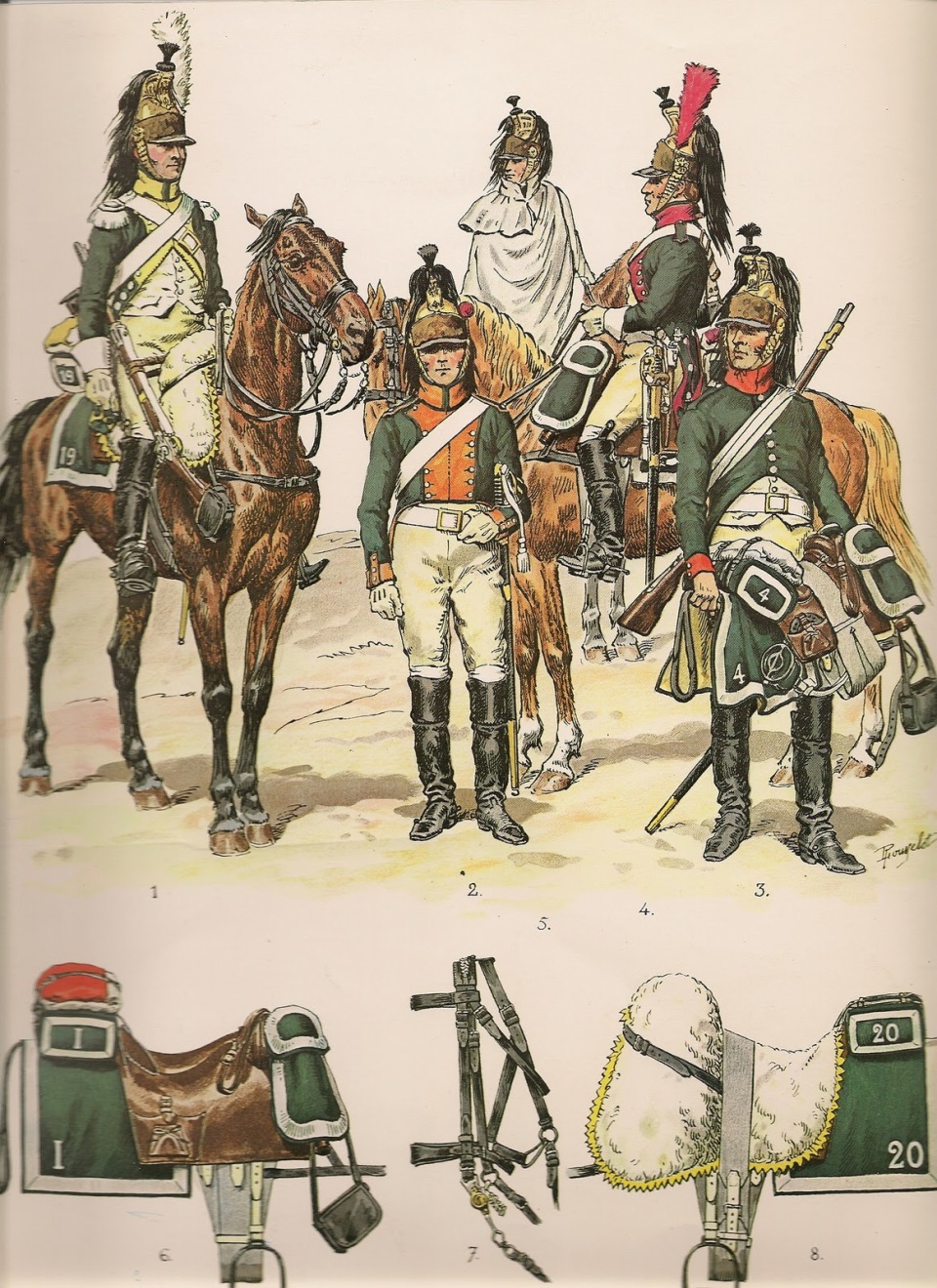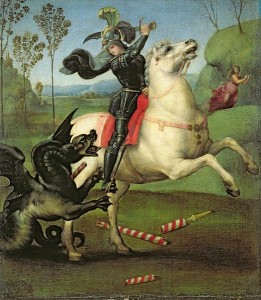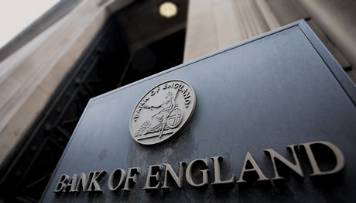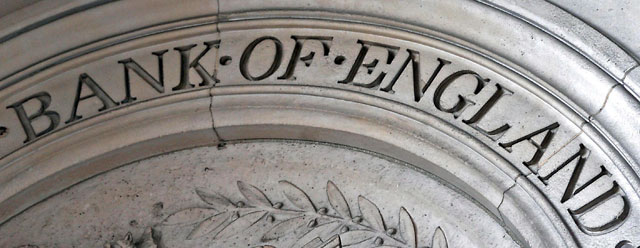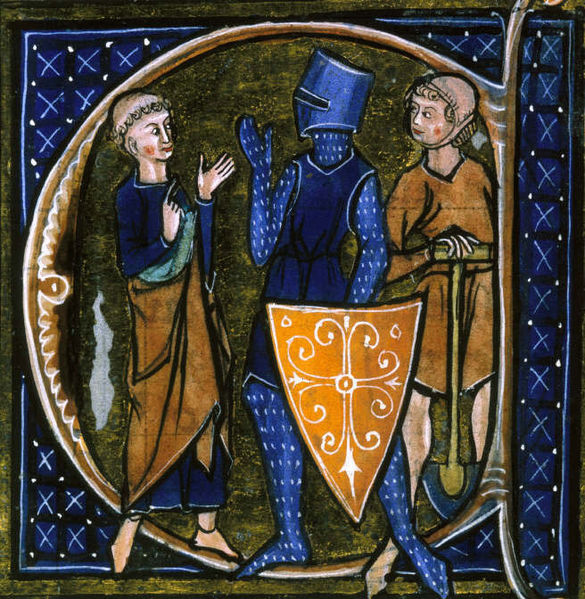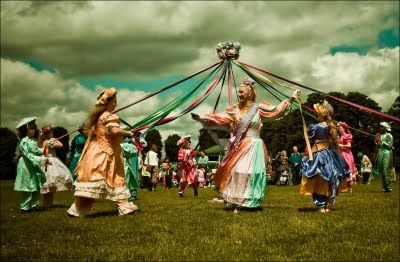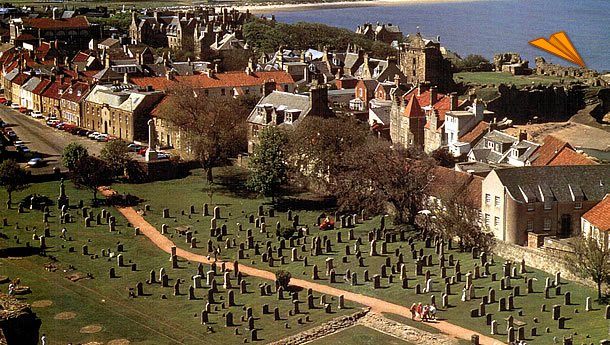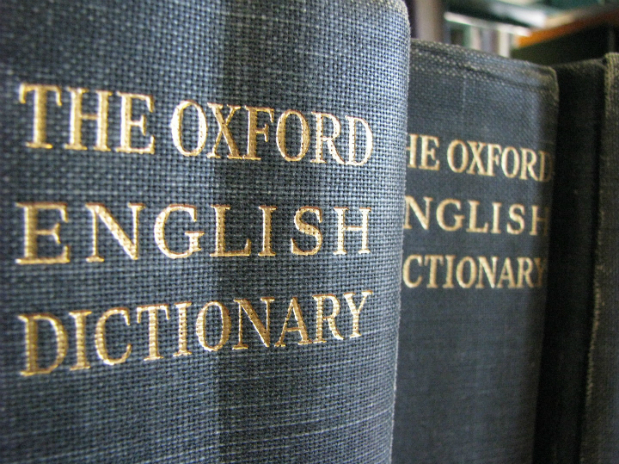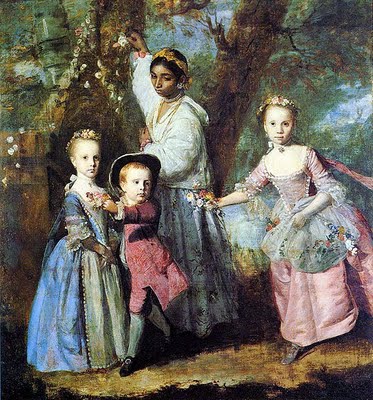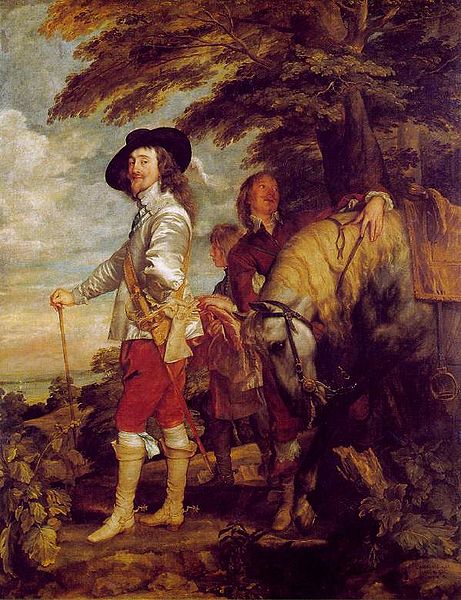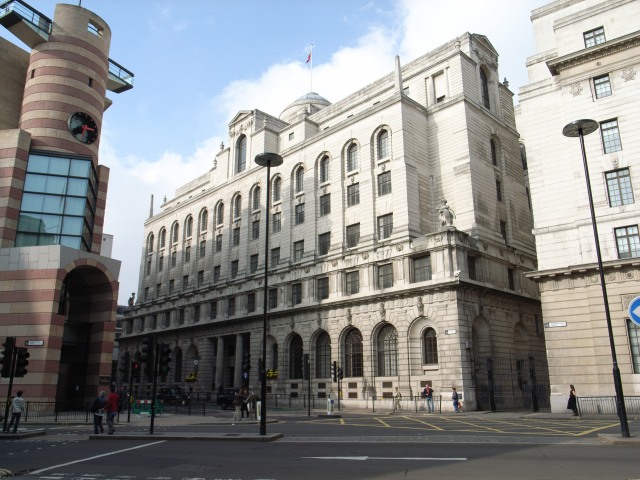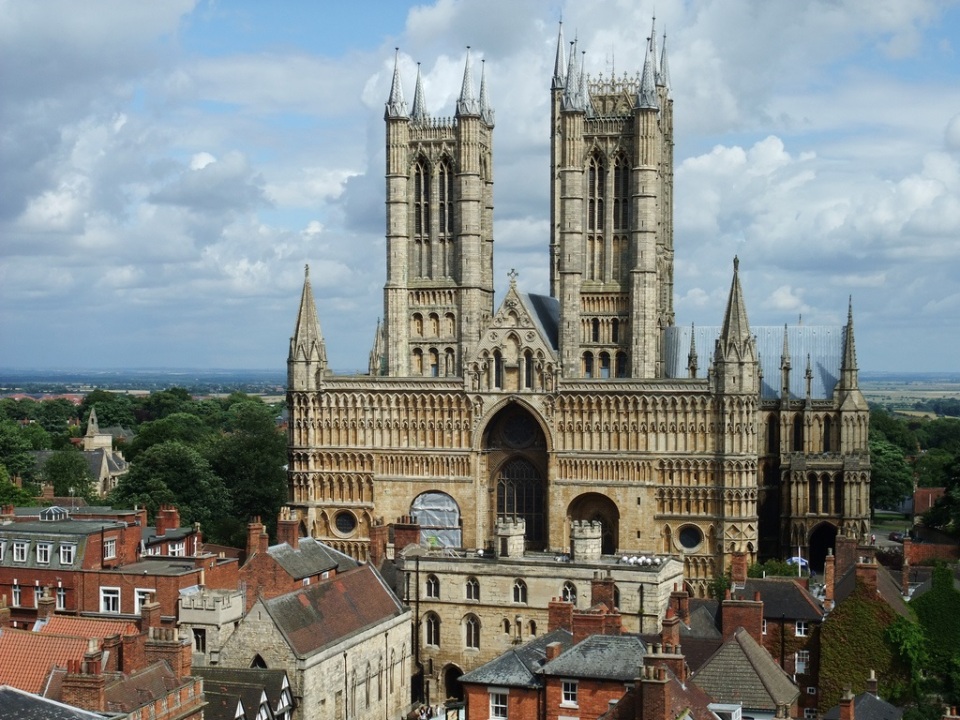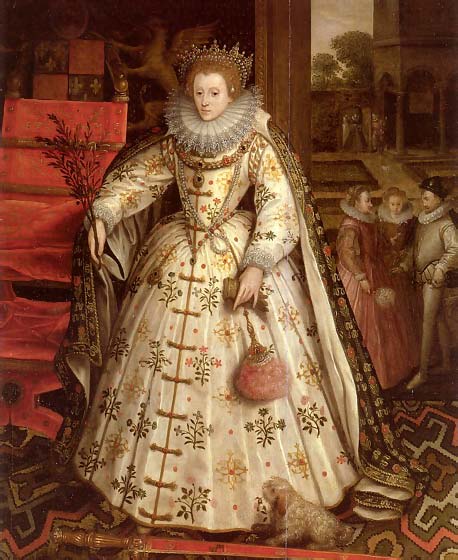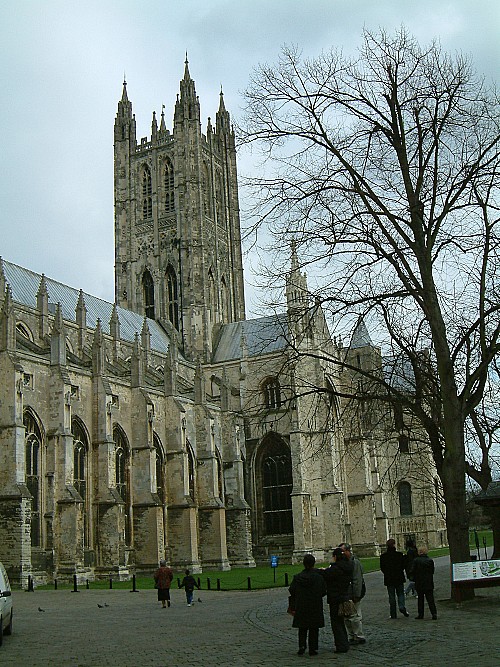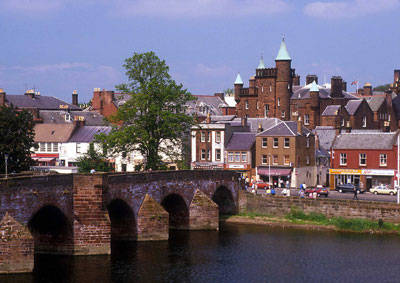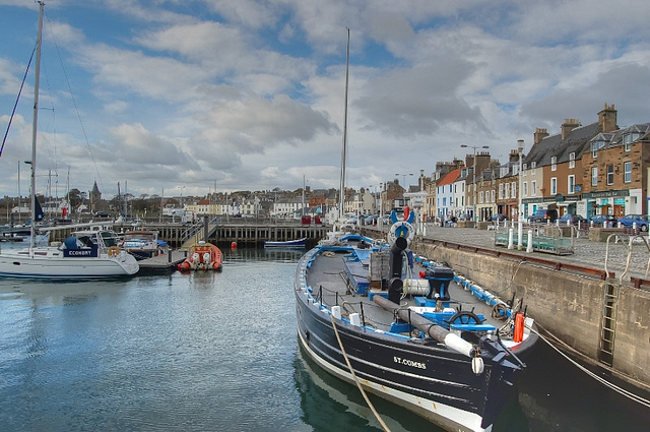ESPAÑOL INGLÉS
TRADUCCIÓN DE LA PALABRA O FRASE Nº 54:
‘PARENTESCO’ nombre RELATIONSHIP.
**TENER PARENTESCO CON ALGUIEN,to be related to someone.
***********************************************************************************
Geografía
Clima
Inglaterra tiene un clima oceánico templado y húmedo, con temperaturas no muy inferiores a -5 ° C en invierno y no muy superiores a 32 ° C en verano.14
Los meses más fríos son enero y febrero, siendo que el mes más cálido es julio. Las precipitaciones se distribuyen de manera uniforme a lo largo del año, siendo que la región oeste es la que tiene más precipitaciones.14 Desde que comenzaron a registrar el clima, la temperatura más alta fue de 38,5 ° C el 10 de agosto de 2003 en Brogdale,15 mientras que la más baja fue de -26.1 ° C el 10 de enero de 1982 en Edgmond.16
| [ocultar] |
|||||||||||||
|---|---|---|---|---|---|---|---|---|---|---|---|---|---|
| Mes | Ene | Feb | Mar | Abr | May | Jun | Jul | Ago | Sep | Oct | Nov | Dic | Anual |
| Temperatura máxima media (°C) | 7 | 7 | 9 | 12 | 15 | 18 | 21 | 21 | 18 | 14 | 10 | 7 | 13 |
| Temperatura mínima media (°C) | 1 | 1 | 2 | 4 | 6 | 9 | 11 | 11 | 9 | 7 | 4 | 2 | 6 |
| Precipitación total (mm) | 84 | 60 | 67 | 57 | 56 | 63 | 54 | 67 | 73 | 84 | 84 | 90 | 838 |
| Fuente: Met Office17 | |||||||||||||
Organización territorial
La organización del gobierno local en Inglaterra es compleja, debido al hecho de que la distribución de funciones varía de acuerdo a las disposiciones locales. La legislación local, se lleva a cabo por el Parlamento británico y el gobierno del Reino Unido, porque Inglaterra no cuenta con un parlamento descentralizado. El nivel superior de las subdivisiones de Inglaterra son las nueve oficinas regionales de gobierno.18 Desde 2000, la región de Londres cuenta con una asamblea electa y con un alcalde, después del gran apoyo dado a dicha propuesta en el referéndum de Londres de 1998.19 20 Se pretendía que las otras regiones también contaran con su propia asamblea regional, pero el rechazo a esta idea en un referéndum realizado en 2004 en la región Nordeste de Inglaterra detuvo la reforma.21 Por debajo del nivel de la región, Londres se conforma por 32 municipios y el resto de Inglaterra tiene consejos de distrito y diputaciones o autoridades unitarias. Los concejales son elegidos por sufragio directo, mediante voto sencillo o por bloque.22
Economía
El Banco de Inglaterra, fundado en 1694 por el banquero escocés William Paterson, es el banco central del Reino Unido. Desde su fundación actuó como un banco privado para el Gobierno de Inglaterra y continuó con este rol para el Gobierno del Reino Unido, hasta que fue estatizado en 1946. Tiene además el monopolio en la emisión de billetes para Inglaterra y Gales de la moneda oficial de Inglaterra y de todo el Reino Unido, la libra esterlina, aunque no tiene este monopolio en Escocia e Irlanda del Norte, en donde algunos bancos tienen derecho a emitir sus propios billetes.
La industrialización es muy alta en Inglaterra, aunque desde los años 1970 ha habido una disminución de la tradicional industria pesada y de los sectores manufactureros, en cambio de un creciente énfasis hacia los sectores de servicios. Además, el turismo se ha convertido en factor clave dentro de la economía inglesa, la cual atrae a millones de visitantes anualmente. Las principales exportaciones inglesas son los farmacéuticos, los automóviles, el petróleo extraído de la parte inglesa del mar del Norte en conjunto con Wytch Farm, los motores aeronáuticos y las bebidas alcohólicas. Otra parte importante de la economía es la agricultura, que en Inglaterra es intensa y altamente mecanizada, produciendo el 60% de las necesidades alimentarias con sólo el 2% de la fuerza laboral. Dos tercios de la producción agrícola están dedicados al ganado, mientras que el otro tercio está dedicado al cultivo.
Demografía
Con más de 50 millones de habitantes según el censo (estadística) de 2001, Inglaterra es el país constitutivo más poblado del Reino Unido, contabilizando el 84% de la población total. Estas cifras convertirían a Inglaterra en el 25° país más poblado en el mundo, si fuera un estado soberano, así como también en el cuarto país por población de la Unión Europea. A su vez, con una densidad de 375 personas por kilómetro cuadrado sería el segundo estado más densamente poblado de la Unión Europea después de Malta.
Idiomas
Como su nombre sugiere, el inglés, idioma hablado por millones de personas en el mundo, se originó como el idioma de Inglaterra, es la tercera lengua más hablada en todo el mundo después del chino (mandarín) y el español.
Religión
Después del anglicanismo (con el 55% de la población), la Iglesia Católica es la religión con más número de fieles, suponiendo éstos (junto con Gales) 4,2 millones de personas, aproximadamente un 7,8% de la población inglesa y galesa.23
En especial desde los años 50, diversas religiones practicadas en las antiguas colonias británicas comenzaron a aparecer debido a la inmigración, siendo el islam la más común entre ellas, representando aproximadamente al 3,1% de la población. Lo siguen el hinduismo, el budismo y el judaismo, que fueron introducidos desde India y el Sureste Asiático, que en conjunto alcanzan el 2%. En el censo de 2001, cerca del 14,6% de la población decía no profesar ninguna religión.
Cultura
La cultura de Inglaterra a veces es difícil de separar claramente de la cultura del Reino Unido, sí también ha sido influyente la cultura inglesa en las otras culturas de las Islas Británicas, por otro lado, queda aclarar hasta qué punto otras culturas han influido en Inglaterra.
**********************************************************************
Geography
Climate
England has a climate oceanic temperate and humid, with temperatures not much lower than -5 ° C in winter and not much higher than 32 ° C in summer.
The coldest months are January and February being the warmest month is July . Rainfall is evenly distributed throughout the year so, being that the western region has the most rainfall. Since weather records began, the highest temperature was 38.5 ° C on 10 in August of 2003 at Brogdale , while the lowest was -26.1 ° C on January 10 of 1982 in Edgmond .
| [ hide ] |
|||||||||||||
|---|---|---|---|---|---|---|---|---|---|---|---|---|---|
| Month | Jan | February | Sea | Apr | May | June | July | Aug | Sep | October | November | December | Annual |
| Average maximum temperature (° C) | 7 | 7 | 9 | 12 | 15 | 18 | 21 | 21 | 18 | 14 | 10 | 7 | 13 |
| Average minimum temperature (° C) | 1 | 1 | 2 | 4 | 6 | 9 | 11 | 11 | 9 | 7 | 4 | 2 | 6 |
| Precipitation Total (mm) | 84 | 60 | 67 | 57 | 56 | 63 | 54 | 67 | 73 | 84 | 84 | 90 | 838 |
| Source: Met Office | |||||||||||||
Territorial organization
The organization of local government in England is complex, due to the fact that the distribution of functions varying according to local regulations. Local legislation is carried out by the British Parliament and the government of the United Kingdom , because England does not have a decentralized parliament. The upper level of the subdivisions of England are the nine regional government offices . Since 2000, the London region has an elected assembly and a mayor, after the great support given to the proposal in the referendum London 1998 . It was intended that other regions will also feature its own regional assembly, but the rejection of this idea in a referendum held in 2004 in the region North East England stopped the reform. Under the regional level, London is made up of 32 municipalities and the rest of England has councils and district councils or unitary authorities. Councillors are elected by direct vote , or vote by simple block .
Economy
The Bank of England , founded in 1694 by Scottish banker William Paterson , is the central bank of the United Kingdom. Since its foundation acted as a private bank for the Government of England and continued in this role for the United Kingdom , until it was nationalized in 1946 . It also has the monopoly on issuing banknotes for England and Wales of the official currency of England and throughout the UK, the pound sterling , although this does not have a monopoly in Scotland and Northern Ireland, where some banks are entitled to issue their own notes.
Industrialization is very high in England, but since the 1970s there has been a decline in traditional heavy industry and manufacturing sectors, instead of an increasing emphasis towards service sectors. Addition, tourism has become a key factor in the British economy, which attracts millions of visitors annually. The main exports are British pharmaceutical , the cars , the oil extracted from the English part of the North Sea along with Wytch Farm , the aircraft engines and alcoholic beverages . Another important part of the economy is agriculture , which in England is intensive and highly mechanized, producing 60% of food needs with only 2% of the labor force. Two-thirds of agricultural production are devoted to livestock, while the other third is devoted to the crop.
Demographics
With over 50 million inhabitants according to the census (statistics) of 2001 , England is the most populous constituent country of the United Kingdom, accounting for 84% of the total population. These figures become England in the 25th most populous country in the world, if it were a sovereign state , as well as the fourth largest by population in the European Union . In turn, with a density of 375 people per square kilometer would be the second most densely populated state of the European Union after Malta .
Languages
As its name suggests, the English language spoken by millions of people around the world, originated as the language of England, is the third most spoken language in the world after Chinese (Mandarin) and Spanish .
Religion
After Anglicanism (with 55% of the population), the Catholic Church is the religion with the highest number of faithful, assuming they (along with Wales) 4.2 million people, approximately 7.8% of the English population and Welsh.
Especially since the 50s , various religions practiced in the former British colonies began to appear due to immigration, with the islam the most common among them, representing approximately 3.1% of the population. What are the Hinduism , the Buddhism and Judaism , which were introduced from India and South East Asia , which together reach 2%. In the census of 2001 , about 14.6% of the population profess no religion said.
Culture
The culture of England is sometimes difficult to separate clearly from the culture of the United Kingdom itself has also been influential English culture in other cultures of the British Isles, on the other hand, is to clarify the extent to which other cultures have influenced England .
